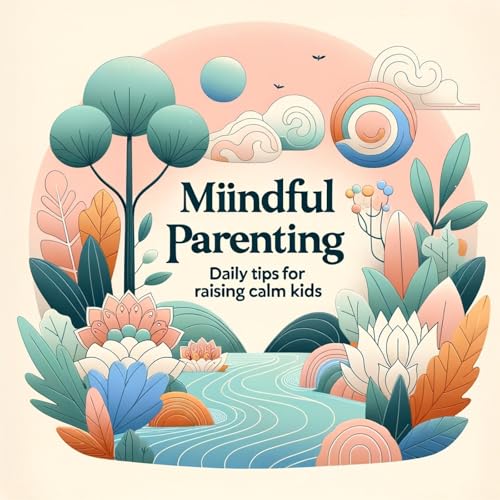Hey there, wonderful parents. I'm so glad you're here today, taking a moment just for yourself in what I know can feel like a whirlwind of family responsibilities.
Today, I want to talk about something many of us struggle with: staying calm when our children's emotions feel big and overwhelming. Maybe you've had one of those mornings - spilled cereal, missed school buses, unexpected tears - where patience feels paper-thin.
Let's take a deep breath together. Close your eyes if you feel comfortable. Feel the ground beneath you, supporting you completely. Imagine your breath as a gentle wave, rolling in and out, soft and steady.
Notice how your body feels right now. Are your shoulders tight? Is your jaw clenched? Just observe without judgment. Parenting is intense, and your body holds those intensities.
I want to share a practice I call the "Compassion Anchor." When your child is experiencing strong emotions - whether it's a tantrum, frustration, or deep sadness - this technique can help you remain centered.
First, imagine your breath as a warm, protective light. With each inhale, this light fills your heart. With each exhale, it extends outward, surrounding both you and your child in a soft, understanding glow.
When your child is upset, instead of trying to immediately fix or change their experience, practice being a calm, steady presence. Think of yourself as a strong, rooted tree - flexible enough to bend with the wind, but deeply grounded.
Take three slow breaths. Inhale compassion. Exhale understanding. Inhale patience. Exhale love. Inhale connection. Exhale acceptance.
Remember, you're not trying to stop their emotions. You're creating a safe emotional space where they can learn to navigate their feelings.
As you move through your day, carry this image of the compassionate anchor. When things feel chaotic, return to your breath. Return to that inner calm.
Thank you for showing up for yourself and your family today. If this resonated with you, please subscribe and share with other parents seeking mindful connection.
Until next time, breathe deeply and parent gently.


